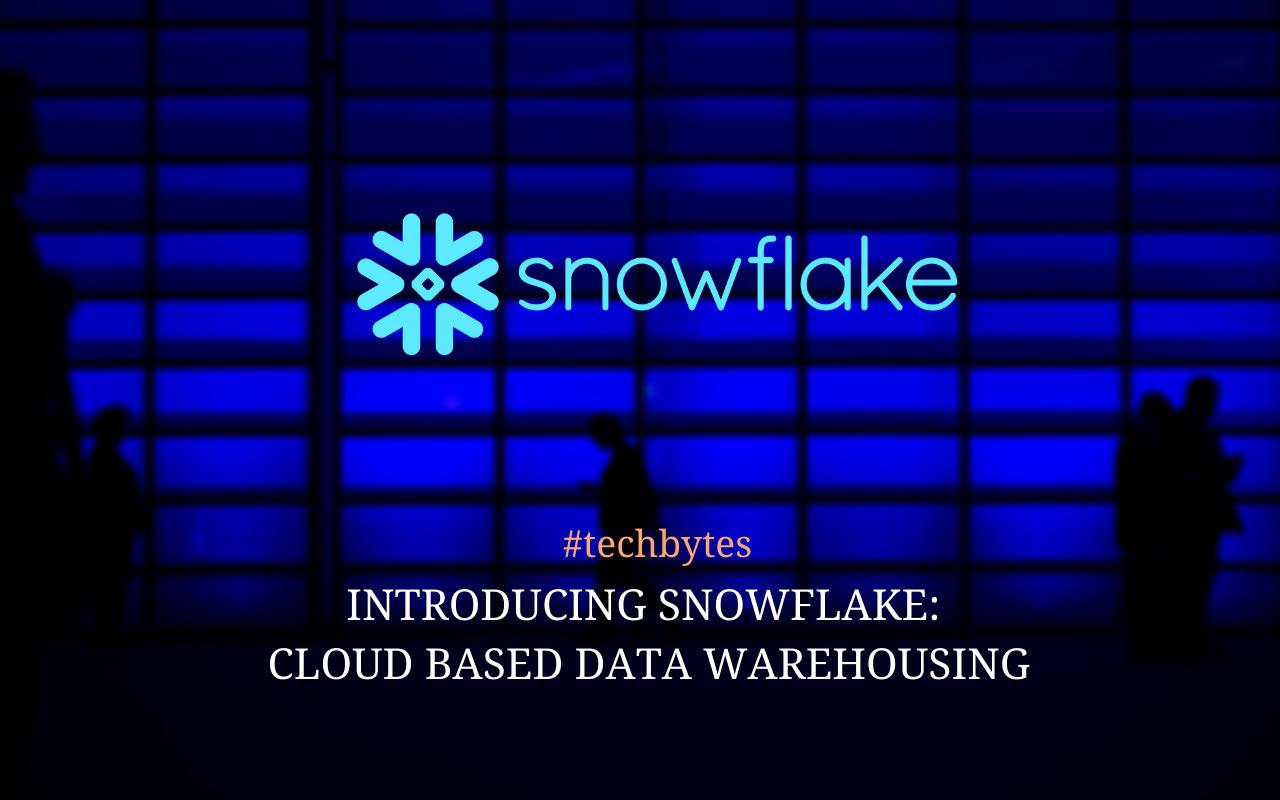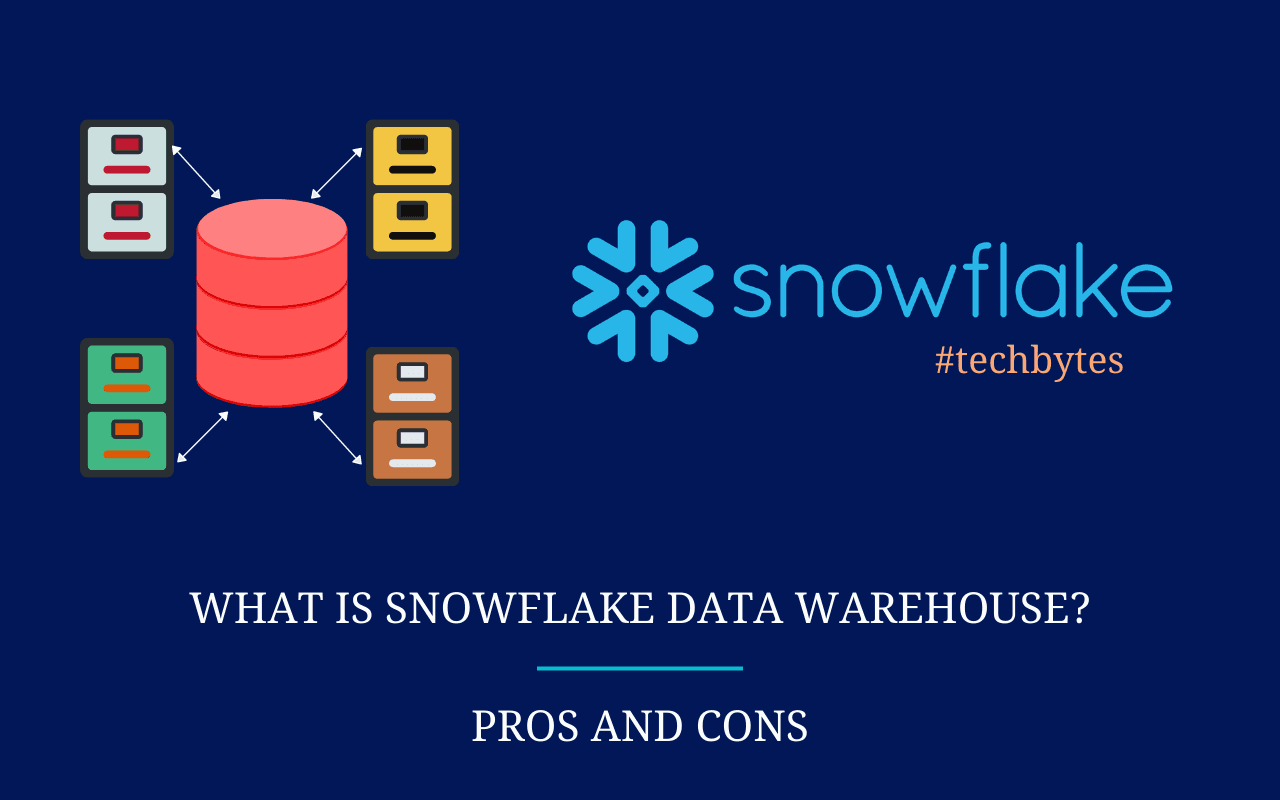
Introducing Snowflake: Cloud-Based Data Warehousing
Many companies recognize the importance of big data. They know that they can only succeed in their industry and beat out the competition if they learn how to utilize this big data to their advantage. However, as this data starts to become more important to all industries throughout the world, many of the existing database systems and platforms make it cumbersome to maintain and set up everything you need.
For example, some of the onsite systems are simple enough when you first get started, but as soon as you want to scale them, things begin to get complicated. Some of the other solutions out there for big data will require constant tuning and the company must hire on administrators who understand the complexities of doing these. Though these are obstacles a business can overcome, the cost in time and money is enormous, making it hard to deal with.
Understanding Snowflake
This is where the idea of Snowflake can start to come into the picture. To start, Snowflake is simply a cloud-based warehouse to store your data. Seems simple enough, but there is a lot more to the process. Snowflake can provide an unbound platform that makes it easy to store and retrieve all the data the company needs when they need it most.
Unlike some of the traditional architecture out there that make the company share everything, slowing the whole process down, Snowflake has a multi-cluster, shared data architecture that is easy to scale and highly dynamic because of the enterprise-class cloud-based storage systems that it relies on. This means that the clusters are set up to access all of the same data, but they can still have an independent run, without the competition that normal clouds have.
What this means for your business is that you can get more done. Snowflake is set up to handle some of the heavy queries and operations. And all of these can run at the same time without freezing, making mistakes, or running into other troubles.
The Security of Snowflake
As with any database used for big data, security is a huge component. Snowflake has built-in encryption to help protect and store the data. In fact, this platform will not allow any unencrypted data to enter, which makes sure that nothing sneaks through or gets forgotten. Add to this some multi-factor authentication and you know the data you store is as safe as possible.
If you are on the database and need to have communication between the users and the database, all of this communication will be encrypted, just like the data. This prevents those who have no access to the database seeing what is going on. Access control auditing is possible on everything on the platform from actions in the database and data objects. In fact, security is so good that it meets all security standards of HIPAA for big hospitals and other organizations with sensitive information.
Snowflake and SQL
Snowflake is designed to work with an SQL database. This is a good thing since SQL is simple to use and even those without a lot of coding and programming background will be able to figure it out. Snowflake does come with its own tool for completing querying as well and it supports everything that you would need to use the SQL database quickly and effectively. If you have used SQL before, you will be able to use Snowflake without any issues.
Snowflake is Easy to Use
One thing that many data analysts like about Snowflake is that it is easy to use. In fact, it doesn’t require any management from the end-user, which is the complete opposite of some of the traditional databases you may have used. There isn’t a lot of legwork to handle just to get the database to work. In fact, Snowflake is built on the idea that a simple workflow is best to help users load up the data and run queries.
There is even a cache system in place to make it easier to look back on some of the queries that have been done on the system. All results of a query are stored for 24 hours, though this can be extended to 90 days for some of the enterprise customers, or until the data of that query changes. If there is a new query that matches this cache, then these will be returned to the customer right away without needing to do any computing.
Snowflake Works with Any Type of Data
Snowflake is a great option to use because it can hold onto all of your data. Each business generates a lot of data, and often this comes in the form of different types of data. Instead of having to use multiple databases to handle all of this, your company can work with Snowflake and have it all in one place. In fact, Snowflake can handle both semi-structured and structured data if you need it.
Snowflake can handle semi-structured data because it treats it natively, the same way it would deal with structured and relational data. Snowflake will store this efficiently, extract out the necessary metadata, and finish the encryption so even the semi-structured data has a place and can stay safe in the database.
Snowflake is Easy to Scale
Many data analysts like to work with Snowflake because it is a simple program to scale. It is built for being easy use and access. And it is designed to help scale as you need. Because it can separate all of the management that you need, you can easily scale it up or down based on the needs of your business. This was a major flaw in many of the other options that were on the market for databases, which helps businesses choose Snowflake above some of the others. Your business can choose exactly how much scaling you would like to get done.
Only Pay for What You Want
You may also enjoy working with Snowflake because it has a pricing system set up to only have you pay for what you use. Snowflake is elastic so you do not need to worry about trying to shift your data in and out of cold storage as you need. Data in this platform will be stored at a comparable price to other systems, even to systems like AWS S3. If you do not have as much data to store, you will pay less to use this platform. If you have more data to store, then you will need to pay more to use it. This makes it an effective and economical choice for many companies.
Snowflake is one of the best options for data analysts and any company that wants to spend time looking through and utilizing big data. It goes above and beyond what most other databases can do, and provides you with all of the extra features, pricing, security, and scalability that your business needs as you use big data.

